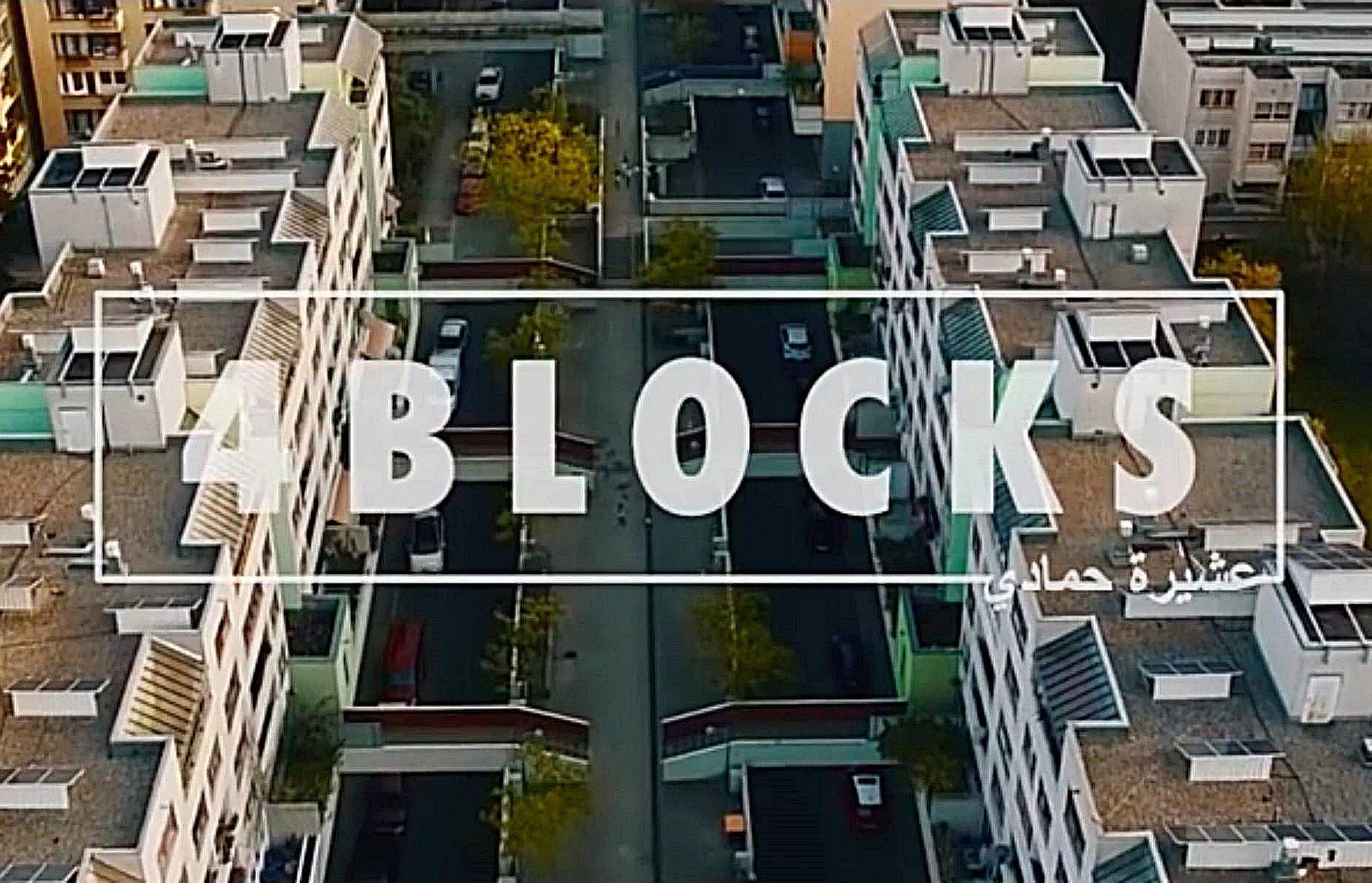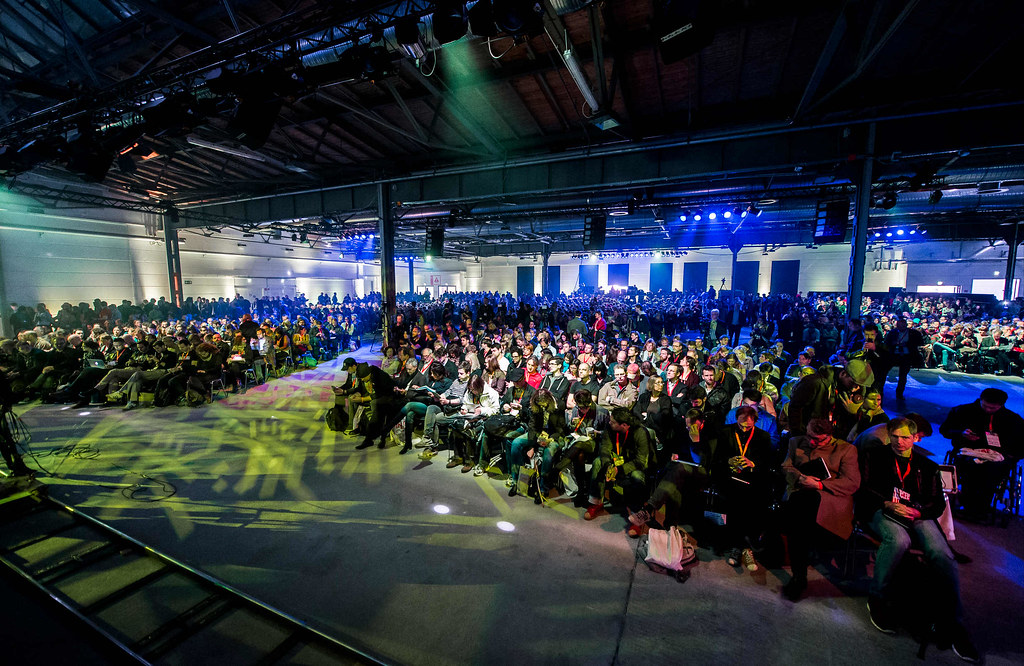
4 Blocks – living proof that german series can be cool, after all
|
Getting your Trinity Audio player ready...
|
4 Blocks is the German answer to every American gangster movie and series. The drama series delves into the dark world of organized crime, family feuds and gang violence in Neukölln. This series will have you on the edge of your seat with can’t-look-away drama. Its second season is currently in production in the city, with an expected release later this year.
Berlin, Tempelhofer Feld, a Sunday afternoon in September. A known city criminal is walking with his wife and children, then four men run up to him and shoot him at close range. His funeral is attended by 2,000 people, and the cemetery is secured by 150 police officers for fear that there could be retaliatory attacks between rival clans at the graveside.
No, these scenes are not from the new episodes of the series 4 Blocks. They really happened, in the middle of Berlin. But fiction and reality are entering into a strange embrace these days: TV reports about criminal clans, from rbb or Spiegel TV, begin with a bird’s-eye view of Sonnenallee in Neukölln, identical to the opening credits of 4 Blocks. The second season of the gangster saga now starts on Thursday on TNT Serie, and judging by the media attention, there would be no better start date for the sequel.
4 Blocks was an exceptional project in more ways than one. It was the first series since Dominik Graf’s Russian mafia epic “Im Angesicht des Verbrechens” that could rightfully call itself a genre production. However, it differed from all previous projects in one essential respect: Completely devoid of the bureaucratic stink of normal crime thrillers, it told the story exclusively from the clan’s inside perspective.
This look into organized crime (script: Hanno Hackfort, Richard Kropf and Bob Konrad) seemed so believable and was so far removed from any crime-scene, morality-laced TV narrative that the series won pretty much all the German TV awards and awards at the Cannes and Venice TV festivals for it.
Surprisingly, everyone could agree on 4 Blocks: the feuilletons as well as the boys on the streets of Neukölln. “They speak Arabic in Berlin now,” became a common phrase. On Instagram, young men staged themselves in the style of the series. During filming, the lead actor Kida Khodr Ramadan said he was now only addressed as Toni Hamady – by the young people on Sonnenallee or “by Sigmar Gabriel.” The sets for the second season had to be sealed off. Because of the fans, who were on the spot everywhere.
Against the backdrop of current crime fighting in Berlin, it is precisely this adoration that provokes increasingly clear criticism of the series. Police investigators told reporters from DIE ZEIT that the series disgusted them because it glorified gangsterism and encouraged young men in the neighborhood to emulate the film characters.
The accusation that gangster and mafia narratives glorify the milieu and thereby implicitly reinforce it is not new. If one were to apply a strict moral compass, one would have to throw The Godfather, Mean Streets, and Scarface out of the cinematic canon. Of course, it is permissible to tell fictional stories about crime, and audiences – even if they are socialized differently from arthouse moviegoers – can be trusted to distinguish between art form and reality. It becomes more difficult when fiction and reality become so closely intertwined that the distinction is lost. This was the case, for example, with Roberto Saviano’s serial adaptation of his book Gomorrah. Italian media reported that young people in the Scampia district, which is both the filming location for the series and the Camorra’s biggest sphere of influence in Naples, copied their series heroes down to their tattoos. The biggest dream of many, he says, is to one day appear as an extra in Gomorrah. Investigators also complain that it has become even more difficult to take action against the mafia since the series began, because the series glorifies it.
4 Blocks even went one step further by using the contacts of some of the actors in the milieu for research purposes. Director Marvin Kren, for example, candidly told DIE ZEIT that the lead actor Ramadan had “introduced him to the real key players, the real Toni Hamadys.” Gangster rapper Massiv, in turn, who plays Toni’s brother-in-law in the series, is friends with Ashraf R., the uncle of those young men accused of stealing a huge gold coin from the Bode Museum (Die ZEIT reported). Massiv dedicated the following song lines in 2011 to his former manager, who incidentally is also Bushido’s new protector since the latter publicly renounced Arafat Abou-Chaker: “Believe me, he never lets go of his gun! (…) His life is in the movie and the script is written. (…) Here the word honor is redefined.”
4 Blocks is being realized by the Munich-based film production company Wiedemann & Berg. During a set visit in February, its managing director Quirin Berg spoke somewhat cloudily of “actors who live their roles,” a “balancing act that was necessary and exciting,” and “creative confrontations” during filming. It could also be translated as: It was exhausting as hell. Admittedly, 4 Blocks moved in a difficult field of tension from the very beginning. First the series was celebrated for its so-called authenticity, now it is accused of exactly that. The question is: Can you stay clean if you’ve let the milieu get too close? Do you even have to be morally unassailable as an artist? Entire genres like gangster rap thrive on the opaque play of their performers: Are they real criminals or particularly dazzling art figures?



